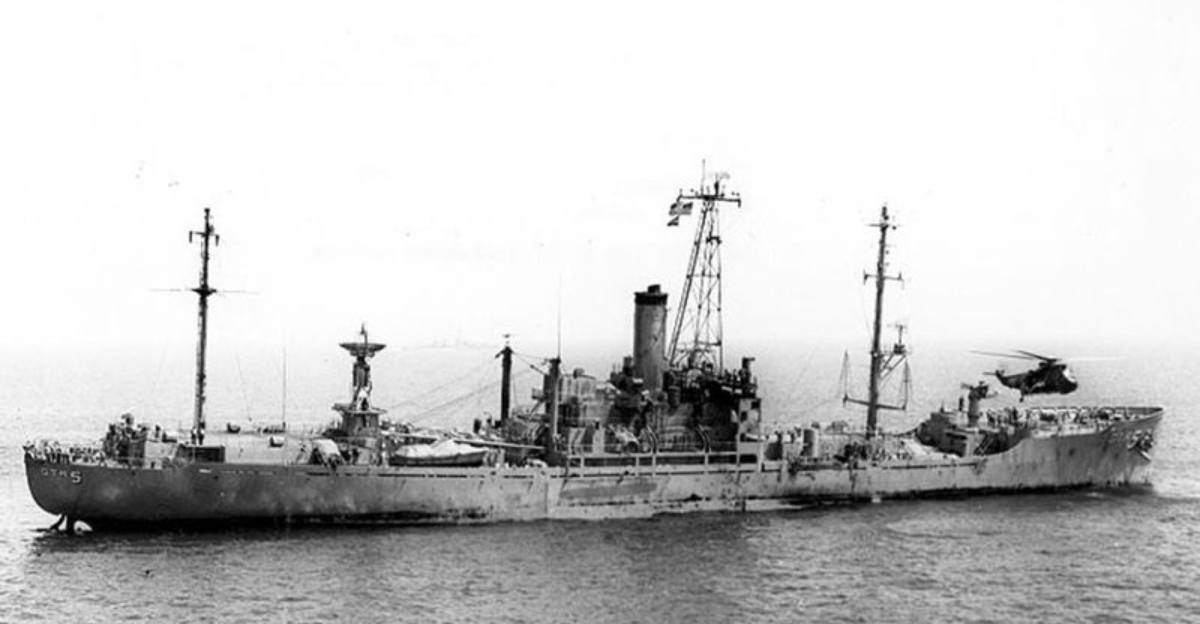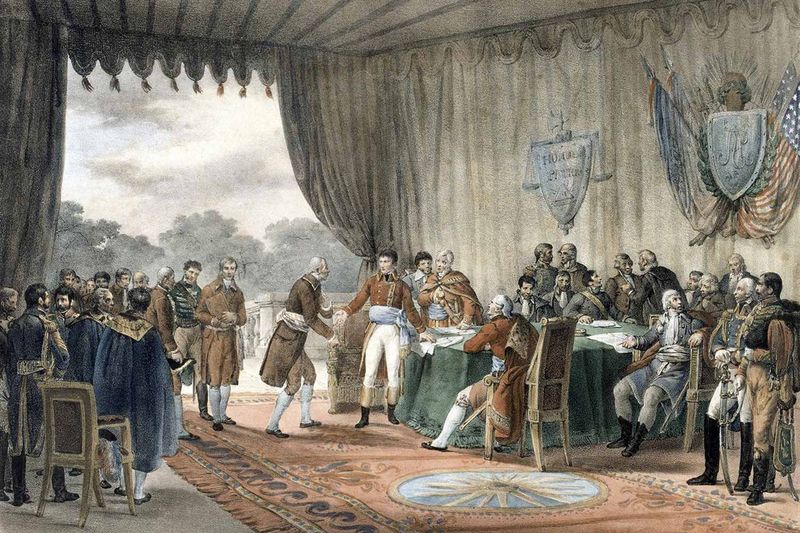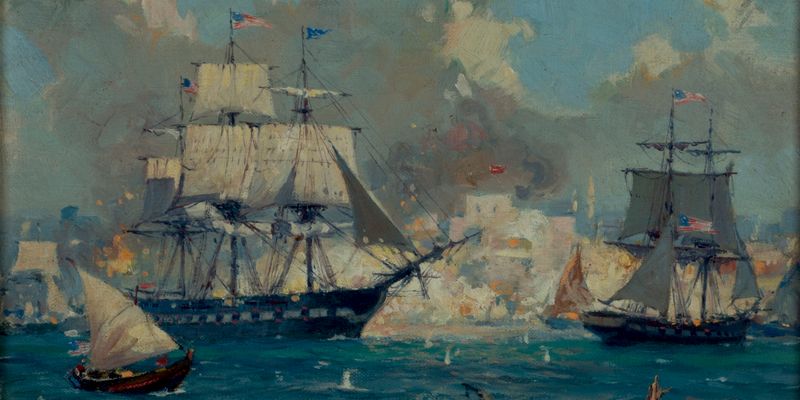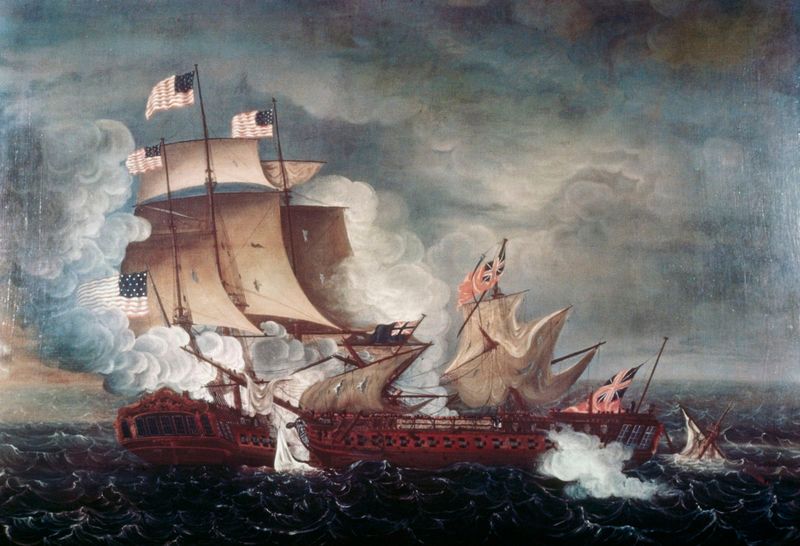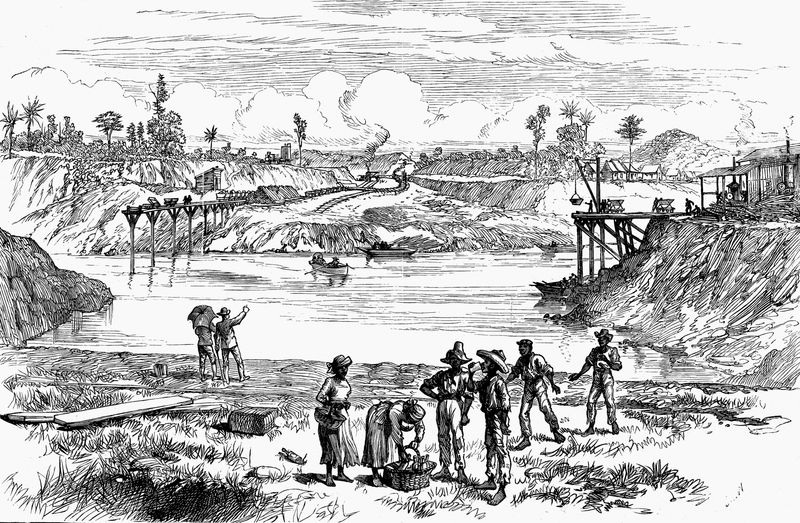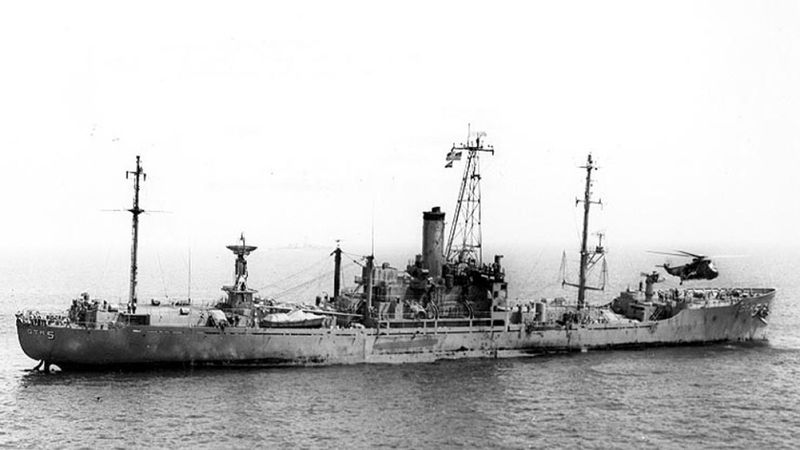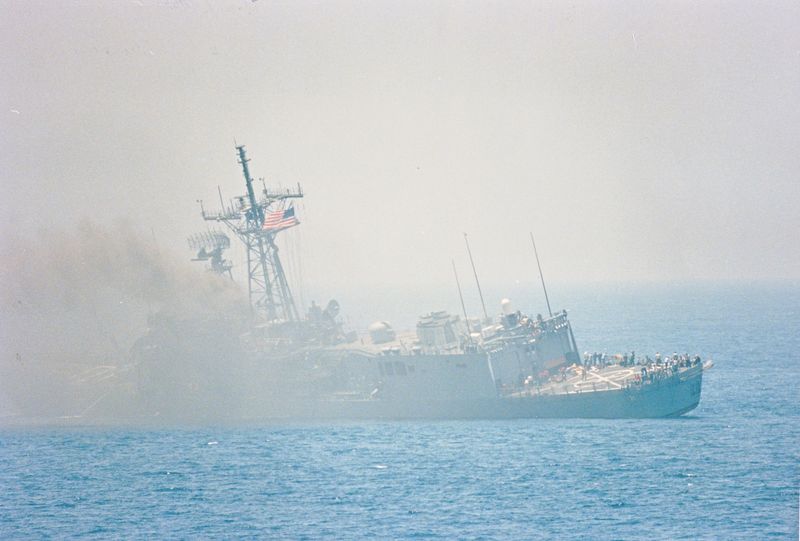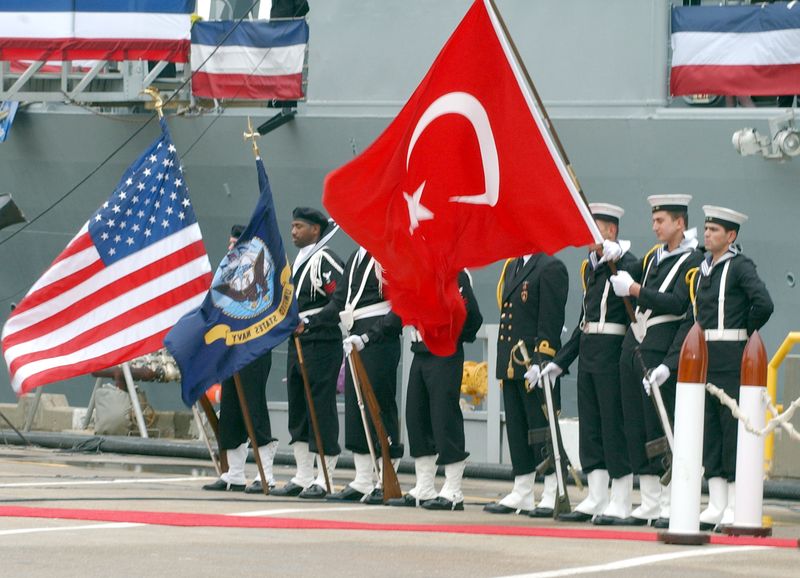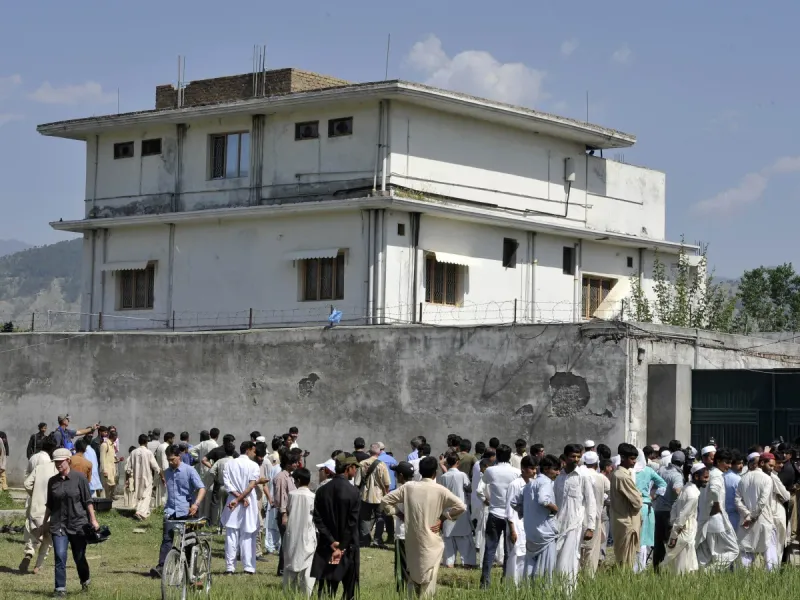Explore the intriguing tales of betrayal, where allies once considered steadfast turned tides against the United States, prompting decisive naval responses.
From historical conflicts to modern-day tensions, these stories reveal the challenges and consequences of shifting alliances. Each account highlights the US Navy’s strategic and sometimes ruthless responses, marking significant moments in naval history.
1. The Quasi-War with France (1798–1800)
Once close allies during the American Revolution, tensions with France escalated when French privateers attacked American merchant ships. In response, the US Navy engaged in an undeclared naval conflict, known as the Quasi-War.
This conflict saw the US Navy capturing nearly 100 French vessels, showcasing naval prowess. The confrontation was fought largely at sea, under the looming threat of expanding European wars.
Despite the conflict’s unofficial status, it marked a significant test of American naval capabilities. The resolution of the Quasi-War set a precedent in foreign policy, as America sought to defend its maritime interests.
2. Tripoli’s Turn: The Barbary Wars (1801–1805)
Despite treaties, the Barbary States, including Tripoli, resumed attacks on American ships demanding tribute. The US Navy retaliated with force, engaging in the First Barbary War.
This period saw the legendary assault on Tripoli and the daring burning of the captured USS Philadelphia by American forces. The conflict highlighted the challenges of piracy and tribute demands in the Mediterranean.
American resolve was tested, but naval victories bolstered international standing. The Barbary Wars ultimately underscored the importance of strong maritime defense capabilities in protecting national interests and establishing global presence.
3. The British Betrayal: War of 1812
Though the US and Britain were not formal allies, their strong economic ties made the British impressment of American sailors a shocking betrayal. Britain’s support for Native resistance further exacerbated tensions, leading to the War of 1812.
The US Navy responded with key victories, including the USS Constitution’s triumphs, earning the nickname ‘Old Ironsides.’ Naval confrontations were fierce, and significant, featuring iconic battles on the Great Lakes and the Atlantic.
Despite initial setbacks, these victories boosted American morale and were pivotal in shaping the nation’s naval identity, proving resilience against one of the world’s most formidable powers.
4. Panama’s Rebellion and US Gunboat Diplomacy (1903)
Colombia, a US ally, refused to approve a canal treaty, prompting Panama to declare independence. The US Navy played a critical role by blocking Colombian troops from suppressing the rebellion.
This decisive action ensured the construction of the Panama Canal under US control. The event showcased the use of gunboat diplomacy, where naval power was leveraged to achieve political goals.
The strategic move facilitated American economic and military interests in Latin America. It underscored the Navy’s influence in geopolitical affairs, illustrating the complexities of allegiance and the pursuit of national interests through naval dominance.
5. Pearl Harbor: Japan’s Fatal Betrayal (1941)
During ongoing diplomatic negotiations, Japan launched a devastating surprise attack on Pearl Harbor—a stunning act of betrayal that catapulted the United States into World War II.
The assault crippled the Pacific Fleet, inflicting heavy losses and exposing critical vulnerabilities in American defenses.
In response, the US Navy mobilized with unmatched urgency, delivering decisive blows at pivotal battles like Midway, which marked a turning point in the Pacific theater.
6. The Sinking of USS Liberty (1967)
Israeli forces attacked the American spy ship USS Liberty during the Six-Day War, killing 34 sailors. Despite Israel’s claim of an accident, the incident raised tensions. The US Navy’s response was restrained, opting for diplomatic channels rather than military retaliation.
This controversial event highlighted the complex dynamics between allies and the challenges of ensuring clear communications during conflicts. The Liberty incident had lasting implications for US-Israeli relations and remains shrouded in controversy.
7. Iran’s Betrayal After 1979
Once a key ally, Iran turned hostile post-revolution, disrupting regional stability. Following Iranian attacks on US ships in the Gulf during the Iran-Iraq War, the Navy launched Operation Praying Mantis in 1988.
This decisive action involved the largest US naval battle since WWII, destroying Iranian naval assets and showcasing American military might. The operation highlighted the strategic importance of the Persian Gulf.
It emphasized the Navy’s role in ensuring maritime security and protecting international shipping lanes. The confrontation marked a turning point in US-Iran relations, underscoring the volatile nature of international alliances.
8. Philippines 1992 Base Closure Fallout
After decades of close alliance, the Philippines’ refusal to renew the US Navy’s lease for Subic Bay Naval Base marked a turning point. The closure was a strategic setback, prompting the US to adapt by reasserting influence through rotating deployments.
This approach maintained a US presence in response to regional tensions, particularly with China’s growing assertiveness. The move demonstrated the Navy’s flexibility in the face of changing geopolitical landscapes.
It highlighted the importance of maintaining strategic partnerships, even amid shifting political climates, to ensure regional stability and continued access to vital maritime routes.
9. Turkey’s Shifting Loyalty and Naval Tensions
As a NATO ally, Turkey’s alignment with US interests has fluctuated, leading to tensions. Disagreements included barring access to airbases and acquiring Russian arms, raising strategic concerns.
The US Navy responded by bolstering its presence in the Eastern Mediterranean, countering Turkish maneuvers and demonstrating commitment to regional allies.
This strategic positioning underscores the Navy’s adaptability and the necessity of maintaining balance within alliances.
10. Pakistan’s Double Game
Despite receiving substantial US aid, Pakistan harbored terrorist networks, leading to strained relations. The discovery of Osama bin Laden near a Pakistani military base exposed these tensions.
US Navy SEALs conducted a covert operation without prior notification to Pakistan, capturing bin Laden. This operation underscored the complexities of alliances and the challenge of trust in international relations.
The Navy’s role in this high-stakes mission highlighted the importance of precision and secrecy in executing national security objectives. The event marked a pivotal moment in the US-Pakistan relationship, reinforcing the need for vigilance in partnerships.
